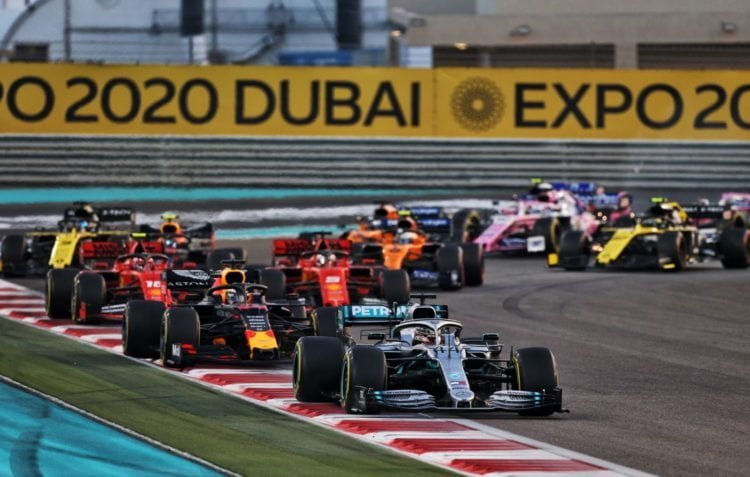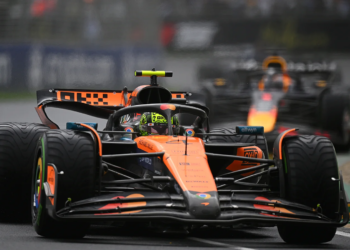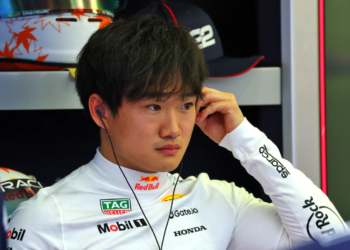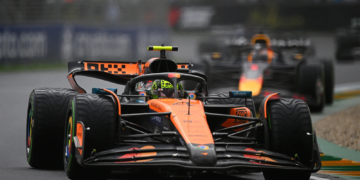Mercedes boss Toto Wolff says Formula 1 is not in need of “gimmicky” reversed-grid races, believing they would have devalued the championship, and left races open to manipulation.
Teams discussed a proposal for the second races in Austria and Britain that would see a sprint race take place instead of a qualifying session, with the grid for that encounter set by the reverse championship order.
The result of that short race would determine the grid line-up for the main grand prix.
But the proposal was rejected after Mercedes voiced its opposition.
“There seems to be a common pattern in Formula One, diffing out old ideas that had been analysed thoroughly and rejected and then somebody thinks it’s great and it’s back on the agenda,” Wolff told select media including MotorsportWeek.com on Wednesday.
“Then you need to look at the reasons why we were against it and there are three fundamental reasons.
“I believe Formula 1 is a meritocracy, the best man in the best machine wins; we don’t need a gimmick to turn the field around and create more exciting racing.
“Number two, I know it from touring car racing, that strategies become a very useful tool when one race result is basically making up the grid for the next one.
“Just imagine one of the drivers not running well on the Sunday race of the first Spielberg weekend, you decide to DNF the car and that becomes the car that starts on pole for the qualifying race on the second weekend.
“And if that car starts on pole for the qualifying race, among midfielders, then he’ll certainly be on pole for Sunday and win the race. There will be cars in the middle that will defend and block as much as they can and, therefore, for the cars coming from behind, there will be more risk for a DNF and that could influence the championship.
“And then, from a pure performance standpoint, whoever has the faster car, not necessarily us, will be penalised towards the second and third quickest teams, because they will simply start in front.
“And, as we know, the margins are not very large, so, therefore, it’s a bit of an opportunistic move to give some teams an advantage.”
Wolff added that “the meritocracy” of Formula 1 remains important, stressing that there should be “no gimmicky stuff like in other sports where the show-people have added components that have diluted the sport.
“I hate any kind of balance of performance, it becomes a political game and political world championship and has no place in Formula 1.”









